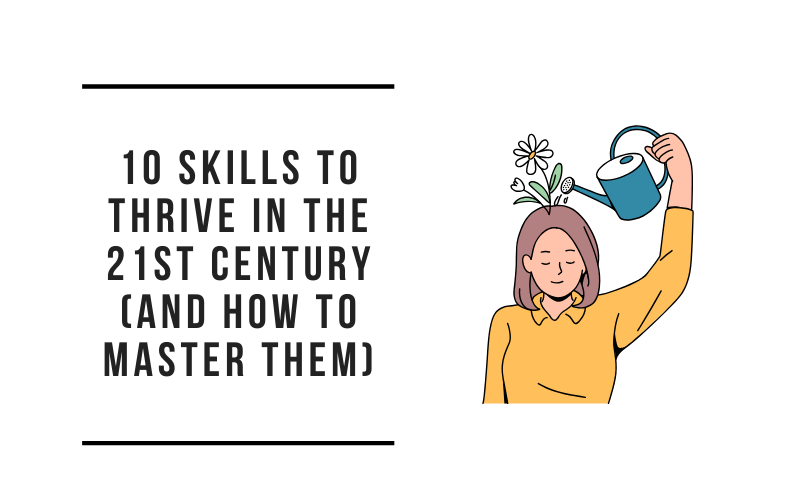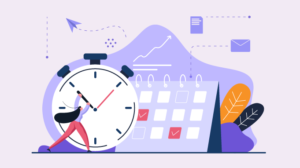In today’s fast-paced world, success depends not only on traditional knowledge but also on a set of flexible and adaptable skills. The 21st century demands that we learn quickly, adapt, and interact effectively. This article explores 10 key skills that will help you not only survive but also thrive in this new century, and offers ways to master them.
What are the best skills for success in the 21st century?
The best skills for success in the 21st century are a combination of technical and soft skills that enable you to solve problems effectively, interact with others, and adapt to change. We have selected these skills based on their demand in the labor market, their ability to increase personal and professional effectiveness, and their applicability in various fields.

Table of Contents
1. Critical Thinking
Critical thinking is the ability to think clearly and rationally about what you read, see, or hear. It is a skill that can be learned and developed over time. Critical thinkers are able to analyze information, identify biases, and evaluate evidence. They are also able to form their own opinions and make sound decisions.
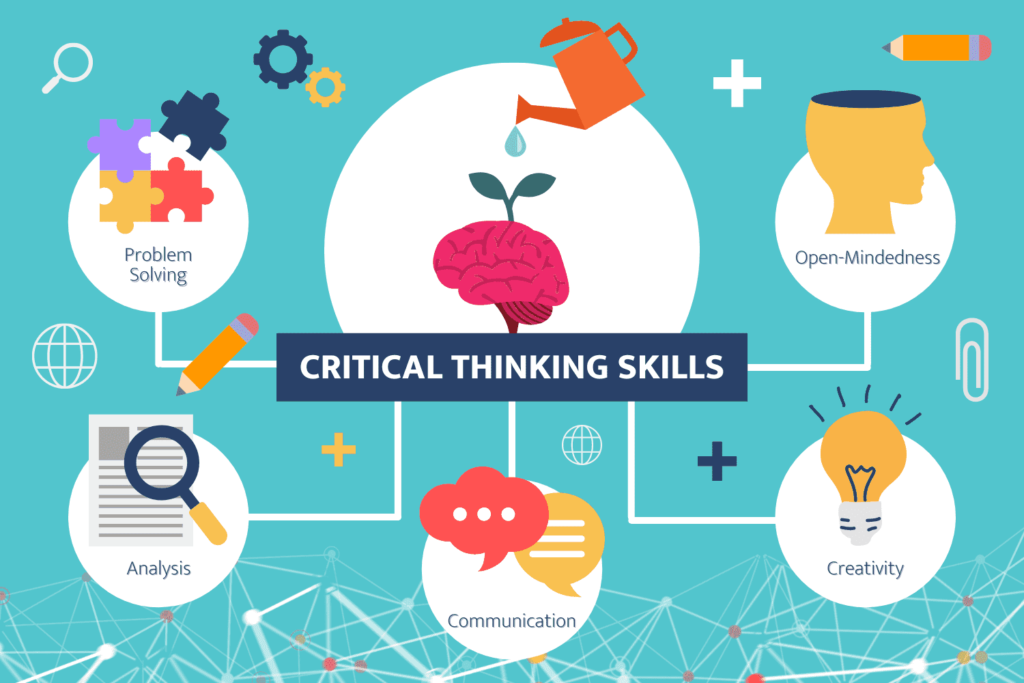
Why is critical thinking important?
In today’s world, it is more important than ever to be a critical thinker. We are bombarded with information from all sides, and it can be difficult to know what to believe. Critical thinking skills can help us to sort through the information and make informed decisions.
How can you develop your critical thinking skills?
Improving your skills takes practice. Here are a few effective strategies:
- Ask questions: Don’t take information at face value. Ask “why,” “how,” and “what if.”
- Consider different viewpoints: Challenge your assumptions by exploring other perspectives.
- Stay curious: Read books, take courses, and stay open to new information.
- Practice decision-making: Apply critical thinking when facing real-life decisions.
Here are some additional resources that can help you develop your critical thinking skills:
- Books:
Critical thinking isn’t just a buzzword—it’s one of the most valuable skills you can develop. By learning to think more clearly and logically, you’ll become a better decision-maker, communicator, and problem-solver. Start sharpening your mind today.
2. Creativity
Creativity is the ability to generate new ideas and solutions. It is a vital skill for success in many areas of life, including work, school, and personal relationships.
What is Creativity?
Creativity is the ability to think in new and original ways. It involves combining ideas, making connections, and approaching situations with fresh perspectives. Creative thinking fuels innovation and helps us adapt in an ever-changing world.
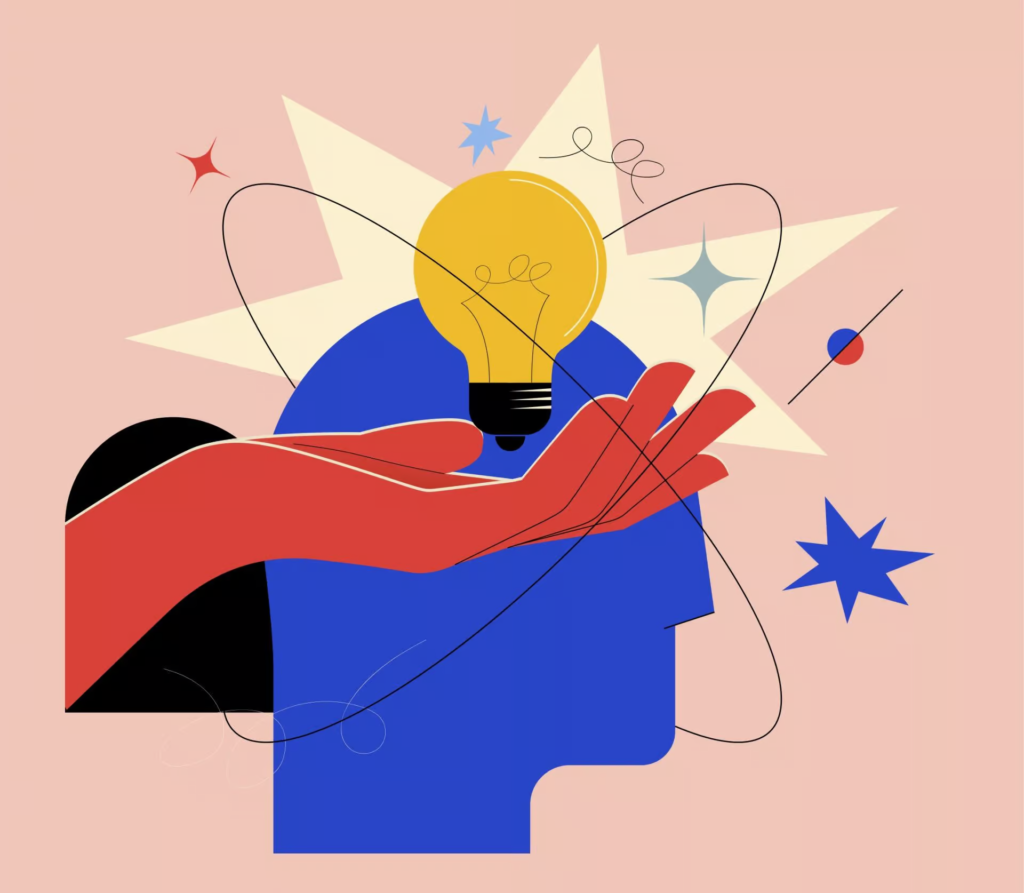
Why Creative Skills Matter
Creative skills help you stand out. In the workplace, creativity leads to innovation. In daily life, it improves problem-solving and decision-making. Here’s why developing creative skills is essential:
- Better problem-solving: Come up with multiple solutions, not just one.
- Increased adaptability: Handle unexpected challenges with original thinking.
- Stronger communication: Express ideas in interesting and engaging ways.
- Career growth: Employers value individuals who bring new ideas to the table.
Types of Creative Skills
- Imagination – Thinking beyond what’s obvious.
- Innovation – Applying ideas in a new and effective way.
- Curiosity – Asking questions and exploring possibilities.
- Open-mindedness – Accepting different viewpoints and approaches.
- Storytelling – Sharing ideas in a compelling way.
- Design thinking – Solving problems with a human-centered mindset.
How to Boost Your Creativity
You can build your creative skills over time. Try these strategies:
- Keep a journal: Write down thoughts, ideas, or things that inspire you.
- Expose yourself to new things: Read books, visit new places, or try new hobbies.
- Collaborate: Work with people from different backgrounds to spark new ideas.
- Limit distractions: Give your mind space to explore ideas without constant input.
- Take creative breaks: Activities like drawing, writing, or listening to music can refresh your mind.
Here are some additional resources that can help you develop your creativity skills:
- Books:
Creativity is not a rare talent—it’s a set of skills that anyone can develop. By practicing regularly and staying open to new experiences, you can become more creative in every aspect of your life.
3. Communication
Communication is the process of exchanging information and ideas. It is a vital skill for success in all areas of life, including work, school, and personal relationships.
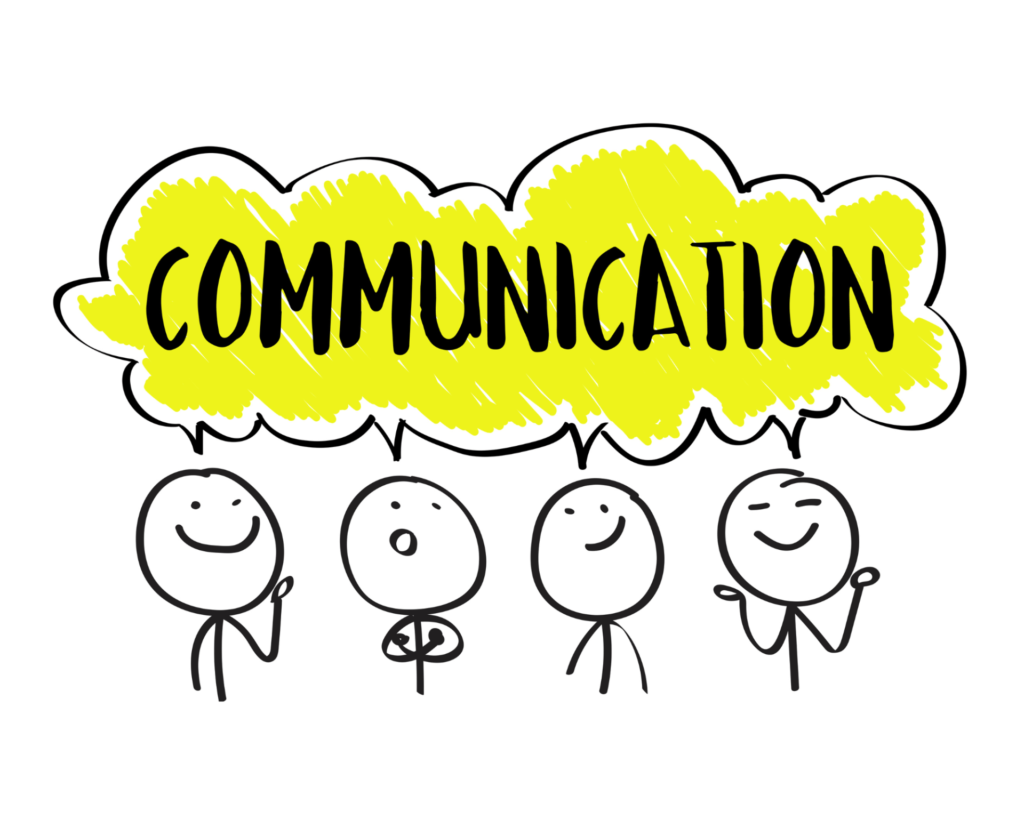
Why is communication important?
Communication is important because it allows us to:
- Build relationships: Communication is the foundation of all relationships. It allows us to connect with others, build trust, and create strong bonds.
- Work together effectively: In order to work together effectively, we need to be able to communicate our ideas and collaborate with others.
- Resolve conflicts: Communication is essential for resolving conflicts peacefully. It allows us to understand each other’s perspectives and find common ground.
- Learn and grow: Communication is essential for learning and growth. It allows us to share our knowledge and ideas with others, and to learn from others as well.
How can you improve your communication skills?
There are many things you can do to improve your communication skills. Here are a few tips:
- Practice active listening: Pay attention to what the other person is saying, make eye contact, and ask questions to show that you understand.
- Be clear and concise: Get to the point and avoid using jargon or technical terms that the other person may not understand.
- Use nonverbal communication effectively: Use body language and facial expressions to reinforce your message.
- Be empathetic: Try to understand the other person’s perspective and how they are feeling.
- Be assertive: Express your own needs and wants in a respectful way.
Here are some additional resources that can help you improve your communication skills:
- Books:
Communication is one of the most valuable skills you can have. It affects how you connect, influence, and succeed. Whether you’re improving personal relationships or growing your career, better communication can make all the difference.
4. Collaboration

Collaboration is the act of working together with others to achieve a common goal. It is a vital skill for success in all areas of life, including work, school, and personal relationships.
Why is collaboration important?
Collaboration is important because it allows us to:
- Achieve more than we can on our own: When we collaborate with others, we can pool our resources and talents to achieve greater things than we could on our own.
- Learn from others: Collaboration provides us with the opportunity to learn from others’ perspectives and experiences.
- Build relationships: Collaboration helps us to build relationships with others and create a sense of community.
- Solve problems more effectively: Collaboration can help us to identify and solve problems more effectively.
How can you improve your collaboration skills?
There are many things you can do to improve your collaboration skills. Here are a few tips:
- Be a good listener: Pay attention to what others are saying and try to understand their perspective.
- Be open to new ideas: Be willing to consider different perspectives and ideas.
- Be respectful of others: Treat others with respect, even if you disagree with them.
- Be willing to compromise: Be willing to give and take in order to reach a common goal.
- Be a team player: Be willing to work together with others to achieve a common goal.
Here are some additional resources that can help you improve your collaboration skills:
- Books:
Collaboration is more than just working together—it’s about combining your skills with others to achieve something greater. By developing collaboration skills, you’ll become more effective in teams, more creative in projects, and more valuable in any professional setting.
5. Digital Literacy

Digital literacy is the ability to use and understand digital technology, tools, and resources. It is a vital skill for success in today’s world, where technology is increasingly important in all areas of life.
Why is digital literacy important?
Digital literacy is important because it allows us to:
- Access information and resources
- Communicate with others
- Learn new skills
- Be productive and efficient
- Stay safe online
How can you improve your digital literacy skills?
There are many things you can do to improve your digital literacy skills. Here are a few tips:
- Take a class or workshop on digital literacy.
- Use technology regularly.
- Practice online safety habits.
- Be aware of your digital footprint.
- Stay up-to-date on new technologies.
Here are some additional resources that can help you improve your digital literacy skills:
- Books:
Digital literacy is one of the most valuable skills you can develop in the 21st century. It empowers you to connect, learn, work, and stay safe in the digital world. Whether you’re just starting or looking to improve, now is the perfect time to sharpen your digital skills.
6. Emotional Intelligence

Emotional intelligence, often called EQ, is one of the most important skills for personal and professional success. It helps you understand your emotions, manage them effectively, and build strong, positive relationships with others.
Why is emotional intelligence important?
Emotional intelligence skills help you communicate better, resolve conflicts, and lead more effectively. Here’s why they’re essential:
- Stronger relationships: EQ helps you connect with others on a deeper level.
- Better decision-making: Emotions play a big role in choices—EQ helps keep them in check.
- Improved teamwork: Understanding emotions makes group work smoother and more productive.
- Leadership success: Great leaders use emotional intelligence to inspire and guide their teams.
How can you develop your emotional intelligence skills?
You can build emotional intelligence just like any other skill. Here’s how:
- Reflect daily: Take time to think about how you felt and reacted during the day.
- Practice empathy: Put yourself in someone else’s shoes before reacting.
- Improve communication: Listen actively and respond thoughtfully.
- Manage stress: Learn techniques to stay calm and in control.
- Read books on EQ: Learn from experts and real-world examples.
Here are some additional resources that can help you develop your emotional intelligence skills:
- Books:
Emotional intelligence is one of the most powerful skills you can develop. It improves how you handle emotions, connect with others, and navigate challenges in life and work. The good news? It can be learned and strengthened with practice.
7. Adaptability
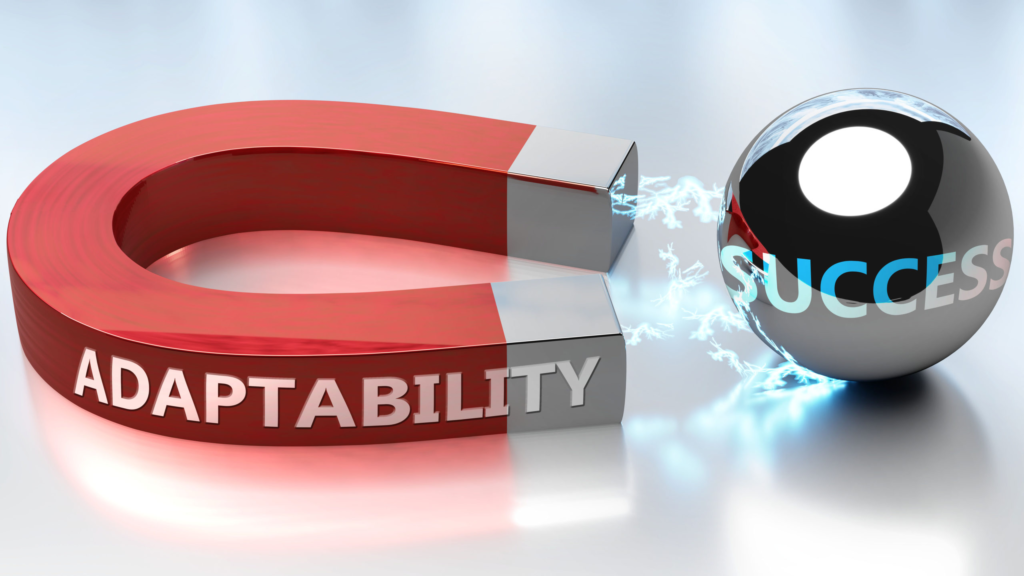
Adaptability is the ability to adjust to new situations and changes. It is a vital skill for success in all areas of life, including work, school, and personal relationships. In a world that is constantly changing, adaptability is more important than ever.
Why is adaptability important?
Adaptability is important because it allows us to:
- Deal with change. Change is a constant in life. Being able to adapt to change allows us to cope with challenges and setbacks.
- Learn and grow. When we are adaptable, we are more open to new experiences and learning. This allows us to grow and develop as individuals.
- Be successful. In today’s world, adaptability is essential for success. Being able to adapt to new situations and challenges allows us to be more successful in our careers and personal lives.
- Be happy. When we are adaptable, we are more likely to be happy and fulfilled. This is because we are able to cope with challenges and setbacks in a positive way.
How can you develop your adaptability skills?
There are many things you can do to develop your adaptability skills. Here are a few tips:
- Be open to new experiences. Step outside of your comfort zone and try new things.
- Be willing to change your mind. Don’t be afraid to admit when you’re wrong and change your approach.
- Be resourceful. Find creative ways to solve problems and overcome challenges.
- Be resilient. Don’t give up when things get tough.
- Practice mindfulness. Mindfulness can help you to be more aware of your thoughts and feelings, which can make it easier to adapt to change.
Here are some additional resources that can help you develop your adaptability skills:
- Books:
Adaptability is a skill that sets successful people apart. Whether you’re starting a new job, facing a life challenge, or simply trying to improve, your ability to adapt will help you stay confident and capable in any situation.
8. Time Management

Time management is the ability to use your time effectively and efficiently. It is a vital skill for success in all areas of life, including work, school, and personal relationships.
Why is time management important?
Time management is important because it allows us to:
- Achieve our goals. When we manage our time effectively, we are more likely to achieve our goals.
- Reduce stress. Time management can help us to reduce stress by helping us to feel more in control of our time.
- Improve our productivity. When we manage our time effectively, we are more productive and efficient.
- Improve our work-life balance. Time management can help us to improve our work-life balance by helping us to make time for the things that are important to us.
How can you develop your time management skills?
There are many things you can do to develop your time management skills. Here are a few tips:
- Use a time management tool. There are many time management tools available, such as Clockify, Toggl and Todoist.
- Set realistic goals. Set goals that are specific, measurable, achievable, relevant, and time-bound.
- Prioritize your tasks. Use a prioritization method, such as the Eisenhower Matrix, to prioritize your tasks.
- Plan and schedule your time. Use a calendar or planner to schedule your time.
- Track your time. Track your time to see where you are spending it.
- Avoid procrastination. Break down tasks into smaller steps and set deadlines for yourself.
- Take breaks. Taking breaks can help you to stay focused and avoid burnout.
Here are some additional resources that can help you develop your time management skills:
- Books:
Time management is one of the most powerful skills you can develop. It helps you work smarter, stay focused, and find more time for the things you love. With the right tools and habits, mastering your time is completely within reach.
9. Learnability

Learnability is the ability to learn new things quickly and efficiently. It is a valuable skill for success in all areas of life, including work, school, and personal relationships. In a world that is constantly changing, learnability is more important than ever.
Why is learnability important?
Learnability is important because it allows us to:
- Adapt to change. When we are able to learn new things quickly, we are better able to adapt to change.
- Grow and develop. Learning new things helps us to grow and develop as individuals.
- Be successful. Learnability is essential for success in today’s world. Being able to learn new things quickly allows us to be more successful in our careers and personal lives.
- Be happy. When we are able to learn new things, we are more likely to be happy and fulfilled.
How can you develop your learnability skills?
There are many things you can do to develop your learnability skills. Here are a few tips:
- Be curious. Ask questions, explore new things, and seek out new experiences.
- Develop a growth mindset. Believe that you can learn anything if you put in the effort.
- Learn about your learning style. Figure out how you learn best and use that information to your advantage.
- Set learning goals. Set specific, measurable, achievable, relevant, and time-bound learning goals.
- Find a mentor or tutor. A mentor or tutor can provide you with guidance and support as you learn.
- Practice active learning. Active learning involves actively engaging with the material you are trying to learn. This could include taking notes, summarizing information, or discussing the material with others.
- Take breaks. Taking breaks can help you to stay focused and avoid burnout.
Here are some additional resources that can help you develop your learnability skills:
- Books:
earnability is a future-proof skill. It ensures that no matter how your industry or role evolves, you’ll be able to keep up—and even lead the way. Start small, stay curious, and make learning part of your everyday life.
10. Problem-Solving Skills

Problem-solving skills are the abilities that allow you to identify, analyze, and resolve problems effectively. They are essential for success in all areas of life, including work, school, and personal relationships.
Why are problem-solving skills important?
Problem-solving skills are important because they allow us to:
- Achieve our goals. When we are able to solve problems effectively, we are more likely to achieve our goals.
- Cope with challenges. Problem-solving skills help us to deal with challenges and setbacks in a positive way.
- Make better decisions. When we are able to analyze problems effectively, we are better able to make informed decisions.
- Improve our relationships. Problem-solving skills help us to resolve conflicts and build stronger relationships.
- Be more creative. Problem-solving often requires us to think outside the box and come up with new ideas.
How can you develop your problem-solving skills?
There are many things you can do to develop your problem-solving skills. Here are a few tips:
- Practice, practice, practice. The more you practice solving problems, the better you will become at it.
- Be willing to make mistakes. Mistakes are a natural part of the problem-solving process. Don’t be afraid to make mistakes.
- Be open to new ideas. Be willing to consider different perspectives and ideas.
- Be persistent. Don’t give up if you don’t solve the problem right away.
- Use a problem-solving framework. There are many different problem-solving frameworks available. Find one that works for you and use it to guide your problem-solving process.
Here are some additional resources that can help you develop your problem-solving skills:
- Books:
Problem-solving isn’t just a talent—it’s a trainable skill. With practice and the right mindset, you can become someone who handles challenges calmly, thoughtfully, and effectively. And that’s a skill worth mastering.
Conclusion
In the 21st century, success depends on a diverse set of skills that enable us to adapt to change and interact effectively with the world. By developing critical thinking, creativity, communication, collaboration, digital literacy, emotional intelligence, adaptability, time management, learnability, and problem-solving skills, you can not only succeed in your career but also enrich your personal life. Remember that developing these skills is a continuous process that requires constant practice and self-improvement.

